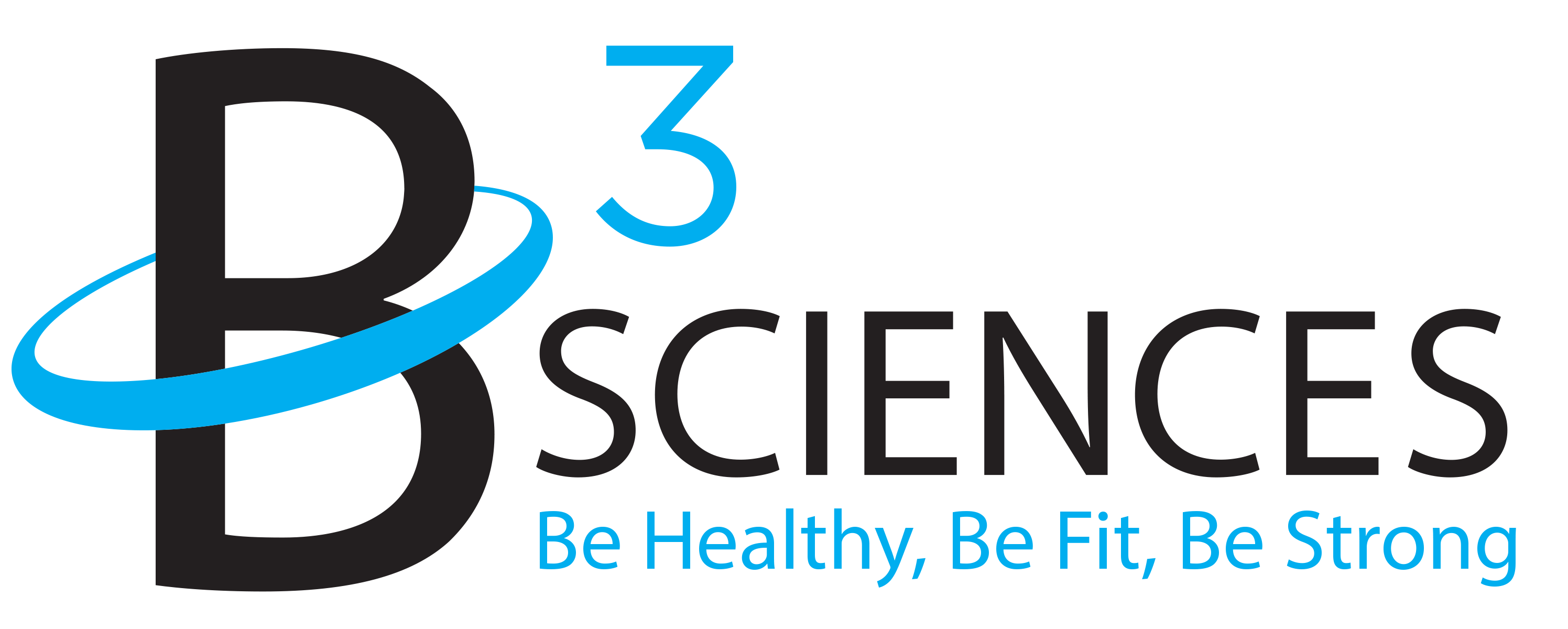BFR Training for Heart Health
Vigorous Exercise Keeps your Heart Healthy
Vigorous Exercise Can Greatly Reduce Your Risk of Heart Disease
People who exercise Poorly or not at all : 4 times as likely to die from Heart Disease
From: Healthline
“Vigorous exercise simply challenges the body more so than moderate exercise, and the response therefore is greater"
"It also takes less time to get similar health benefits from vigorous exercise than from moderate-intensity activities"
The Problem: Most people can't or won't do Vigorous Exercise
From: Dr. Gregory Lewis, from Massachusetts General Hospital and lead researcher
"Much is known about the effects of exercise on cardiac, vascular and inflammatory systems of the body. What was striking to us was the effects a brief bout of exercise can have on the circulating levels of metabolites that govern such key bodily functions as insulin resistance, oxidative stress, vascular reactivity, inflammation and longevity."
From: Journal of the American Medical Association Internal Medicine
"After analyzing the data, they concluded people who had a higher proportion of vigorous activity during the week as compared to moderate activity had lower all-cause mortality"
The Solution: Light Exercise with B3 Bands simulates Vigorous Exercise in your Body!
BFR is as Safe as Light Exercise
Exercise: Walking
Summary
- These findings suggest that at-risk populations can perform BFR without fear of overt cardiovascular risk.
Safety Study Yoga
Exercise: Yoga
Summary
- We found that there were no further elevations in arterial blood pressure and myocardial oxygen demand when B3 / B Strong Bands were added to yoga practices.
- Our findings indicate that B3 / B Strong Bands can be applied to yoga while avoiding unfavorable hemodynamic responses and preserving the intended effects on muscle hypertrophy.
BFR Peer Review Results
14 Experts Reviewed BFR
Summary
- Increased strength and hypertrophy in young and older populations.
- BFR results in greater post-exercise hypotension than typical high weight training.
- The totality of the literature reveals minimal adverse events pertaining to VTE and clinically reported events have not been reported.
- Resistance training has demonstrated the ability to up-regulate the fibrinolytic pathway and has been demonstrated after just one exercise session and in healthy young participants and aged patients with coronary artery disease (CAD).
Easy B3Exercise to Simulate High Intensity Training
BFR Studies / Peer Reviews
Can BFR help with Cholesterol Levels?
Study : Aerobic-interval exercise with blood flow restriction potentiates early markers of metabolic health in man
Reference: Go Here to see the Study
CONCLUSIONS:
BFR-exercise potentiates early markers of metabolic health associated with the regulation of cholesterol production and glucose homeostasis in man.
Does BFR Effect Blood Pressure?
Study : Blood Flow Restriction Training Reduced Blood Pressure During Exercise
Reference: Go Here to see the Study
CONCLUSIONS:
"Our findings suggested that BFR training may be effective in lowering blood pressure during exercise. These data have potential clinical application in the management of hypertension, which should be further investigated in patients with high blood pressure"
BFR And Heart Disease
Study : Effects of Low-Intensity BFR Training in Patients with Ischemic Heart Disease
Reference: Go Here to see the Study
CONCLUSIONS:
"This study shows that low intensity BFR training in people with ischemic heart disease resulted in: increased muscle strength and mass, as well as endurance or VO2 max improvement. The study concludes that BFR is a promising and effective method for cardiac rehabilitation"
Chronic Obstructive Pulmonary Disease
Study : COPD and muscle loss: is blood flow restriction a potential treatment?
Reference: Go Here to Review the Study
CONCLUSIONS:
"‘BFR appears to be a potential management for increasing strength and muscle mass for COPD patients when high intensity exercise may not be tolerated. In addition, BFR may provide benefits for COPD patients who are unable to exercise by combining it with neuromuscular electrical stimulation"
Nitric Oxide Release
Study : Blood Flow Restriction Enhances Post–Resistance Exercise Angiogenic Gene Expression
Reference: Go Here to Review the Study
CONCLUSIONS: Chronic training actually reduces NOS because excessive levels are associated with chronic inflammatory processes. Meanwhile, low skeletal muscle content of NOS are associated with metabolic and vascular dysfunction. This study indicates that the addition of BFR to acute low-intensity exercise increases post exercise muscle expression of NOS,

